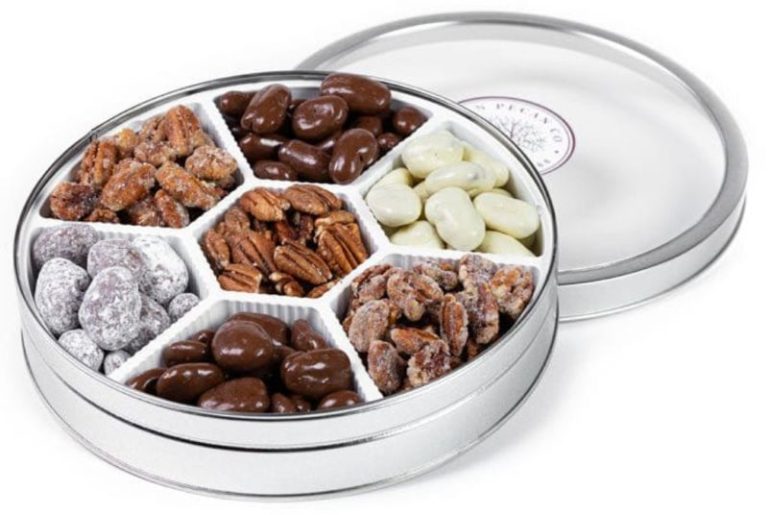

Eating healthy is one of the most important things you can do for your body. The foods you eat provide the vitamins, minerals, and nutrients needed to give your body energy and function properly. But what does it take to have a balanced diet? What should be included in your daily meals to boost your health? In this blog post, we will explore the key components of a healthy diet, so you can make sure your meals provide everything your body needs.
1) Are You Taking Any Supplements?
Before you start focusing on what foods to include in your diet, it is important to consider any supplements that may be necessary for your health. If you have a medical condition or dietary restriction, your doctor may recommend taking certain vitamins or minerals. Experts at Supplement First suggest that taking certain supplements, like the best berberine supplement, can help maintain healthy blood sugar. Moreover, some supplements may also brighten your skin and make you look younger. Supplements can help you meet your daily nutrient needs, so if you’re not getting sufficient amounts of certain vitamins or minerals from food sources, taking a supplement may be beneficial. Furthermore, if you are pregnant or nursing, it is especially important to take certain supplements. Talk to your doctor about any specific needs you may have and which supplements you should be taking.
2) How Many Servings Of Fruits And Vegetables Do You Eat Each Day?
Fruits and vegetables are packed with vitamins, minerals, and fiber. Eating at least five servings of fruits and vegetables each day is essential for maintaining optimal health. Try to include a variety of different colors in your meals — this will help ensure that you’re getting the full spectrum of nutrition from your foods. Fruits and vegetables can be enjoyed raw as snacks or added to salads or cooked meals. Smoothies are another great way to get your daily dose of produce!
3) What Kinds Of Proteins Are You Eating?
Protein is an important part of any balanced diet. It helps keep you feeling fuller longer, can reduce food cravings, and helps repair and build muscle tissue. When choosing proteins, stick to lean sources like fish, poultry, eggs, beans, nuts, and seeds. These are all excellent sources of healthy fats, vitamins, and minerals that your body needs.
4) How Much Whole Grains Are You Eating?
Whole grains are an important part of a healthy diet because they provide fiber and other essential nutrients. Look for whole-grain pieces of bread and portions of pasta, brown rice, and quinoa. Try adding some oats to smoothies or yogurt for breakfast or enjoy popcorn as a snack!
5) Are You Drinking Enough Water?

Staying hydrated is essential for overall health, and water should be the main beverage you consume. Try to drink 8-10 glasses of water each day (or more if you are very active). Water helps keep your body functioning properly, can help keep cravings at bay, and has been shown to improve mental clarity and focus. Additionally, water can help flush toxins from your body, which is important for overall health. You can also drink tea, coffee, or other non-sugary beverages to meet your hydration needs. Tea and coffee also provide antioxidants, which can help protect your body from disease. However, limit sugary drinks, like sodas, as these are high in calories and can lead to weight gain. It is proven that if you are looking for a healthier lifestyle, aiming to eat balanced meals and drink plenty of water is the way to go!
6) What Are Your Fats Coming From?
Fats are an important part of a balanced diet, and different types of fats provide different health benefits. Try to choose healthy sources like olive oil, avocados, nuts, and seeds for the majority of your fats. These are all monounsaturated or polyunsaturated fats that can help reduce inflammation in the body and can improve heart health. It is also important to limit trans fats, which are found in processed foods like fried foods or baked goods, as these can increase your risk of disease.
By following the tips above, you can make sure your diet is providing everything your body needs to boost your health. Eating a balanced diet will help keep you energized, provide essential nutrients and vitamins, and achieve optimal health. Remember that supplements may be necessary for some individuals – talk to your doctor if you have any specific health concerns. Eating healthy doesn’t have to be complicated – just focus on eating a variety of whole, nutritious foods and drinking plenty of water each day.


